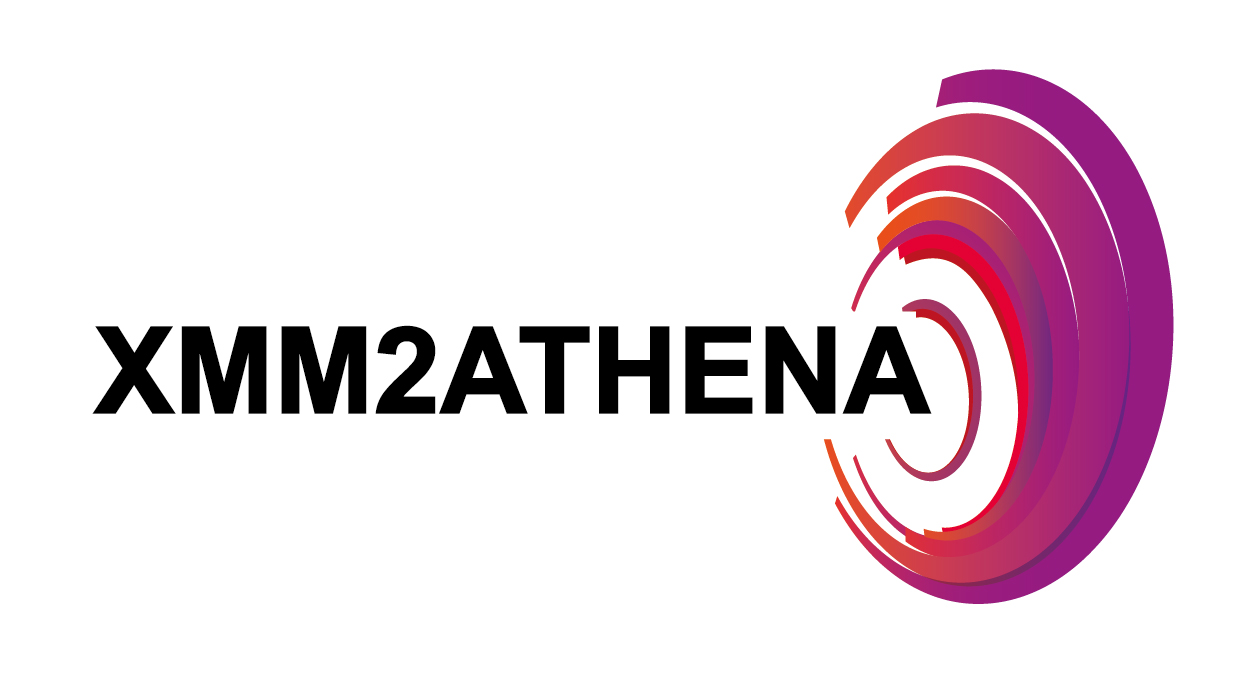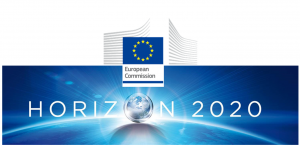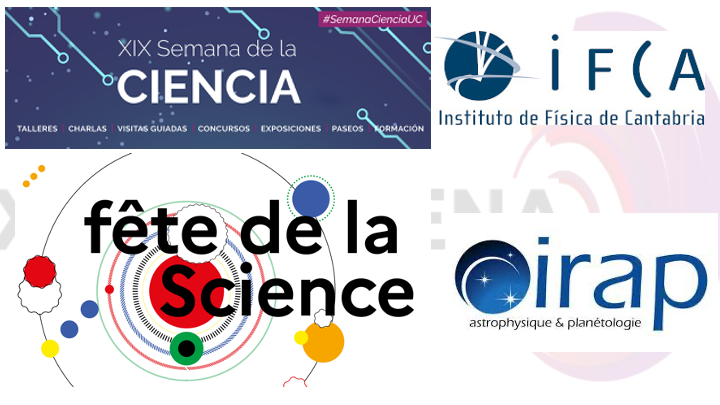
Science Week 2022
Science Week is an outreach activity that takes place simultaneously in scientific and educational institutions all over the world during the first two weeks of November.
Some of the institutions belonging to the XMM2ATHENA project have participated in this initiative.
Science Week originated in France in 1991, when Hubert Curien, the French Minister of Research, decided to celebrate the tenth anniversary of the Ministry by opening its gardens to the public for the first time, with the aim of bringing science and its protagonists closer to the public. European Science Week has been held every year since 1993.
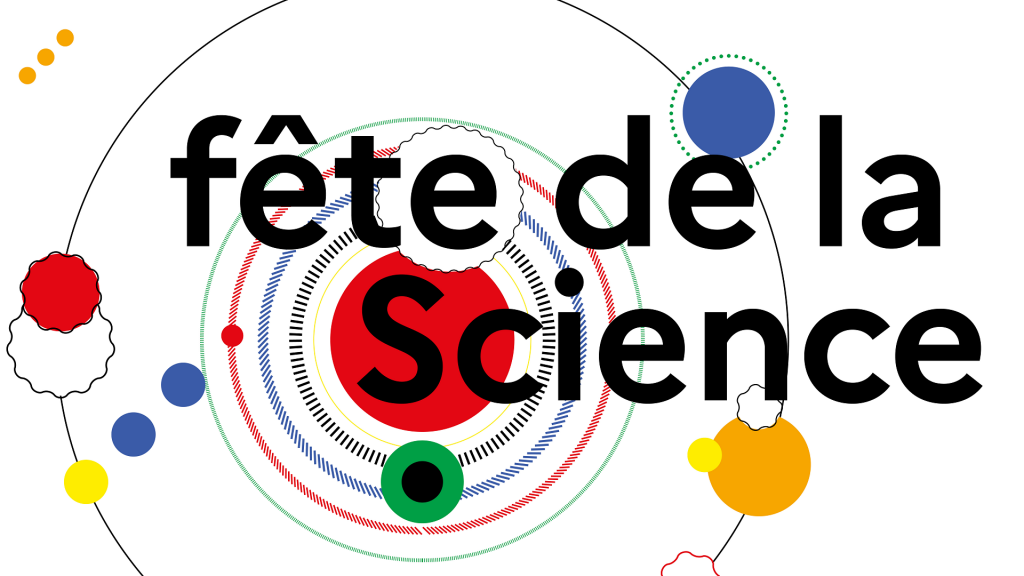
The Science party at IRAP
On Saturday 15 October, IRAP, together with the Observatoire Midi-Pyrénées, organised its open house as part of the fête de la science. This event was aimed at the general public and the objective was to discover IRAP’s themes and projects, but also to encourage young people to become scientists. The day’s programme included workshops, visits to the laboratory and lectures. There was also the possibility to visit our site at the Pic du Midi.
Natalie WEBB, as principal investigator of XMM2ATHENA, gave a lecture on the project, entitled “Searching for black holes”.
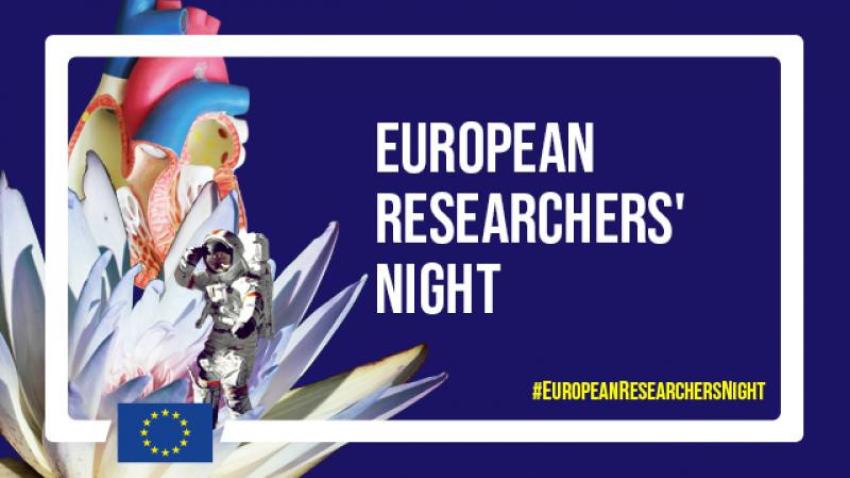
European Researches´Night 2022
The European Researchers’ Night is a Europe-wide public event, which displays the diversity of science and its impact on citizens’ daily lives in fun, inspiring ways.
This year, the event will take place in 26 countries on Friday 30 September 2022.
The European Researchers’ Night aims to
- bring research and researchers closer to the public
- promote excellent research projects across Europe and beyond
- increase the interest of young people in science and research careers
- showcase the impact of researchers’ work on people’s daily lives
The European Researchers’ Night attracts each year more than 1 million visitors in Europe and beyond.
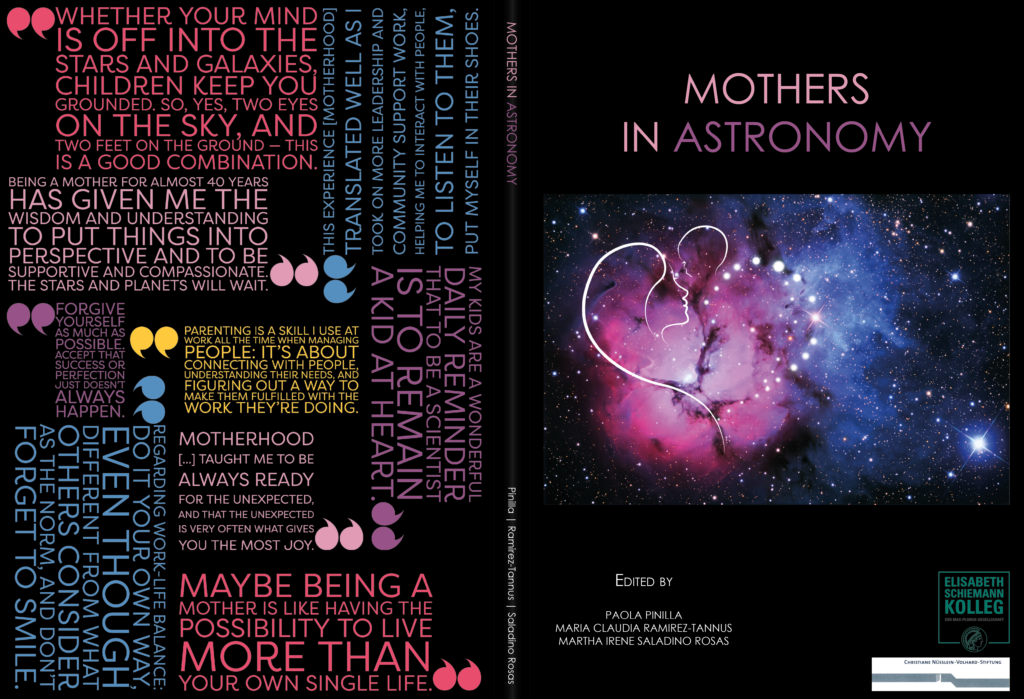
Mothers in Astronomy
The Mothers In Astronomy 2022 book is an initiative of Dr Paola Pinilla (MPIA and MSSL/UCL) and Dr Maria Claudia Ramirez-Tannus (MPIA). Its aim is to:
- Amplify the voices of mothers in astronomy.
- Raise awareness of the challenges they face.
- Highlight the positive impact of motherhood on their careers.
- Create collective empowerment by inspiring and supporting each other.
It was illustrated and edited by Dr Martha Irene Saladino. The book is licensed under a Creative Commons (CC) BY-NC-SA 4.0 license. You can download it freely as an EBOOK or a PDF.
Our colleague Natalie Webb has participated in this initiative, sharing her experiences as a mother astronomer.
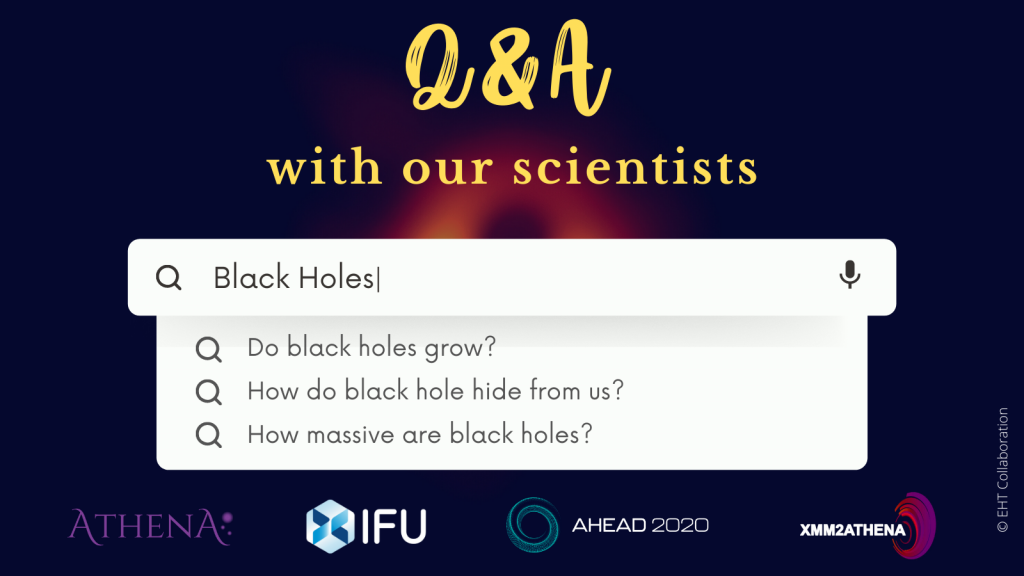
Black Hole Week: May 2-6
BlackHoles are possibly the most intriguing objects in the Universe.
What do you know about them? There are many questions, doubts, around these objects and during the week of May 2 – 6 our scientists will answer crucial questions about black holes for this #BlackHoleWeek!
Like @athena.xray.observatory @AthenaXIFU @AHEAD2020 & @XMM2Athena to get all the answers! (Twitter and Facebook)
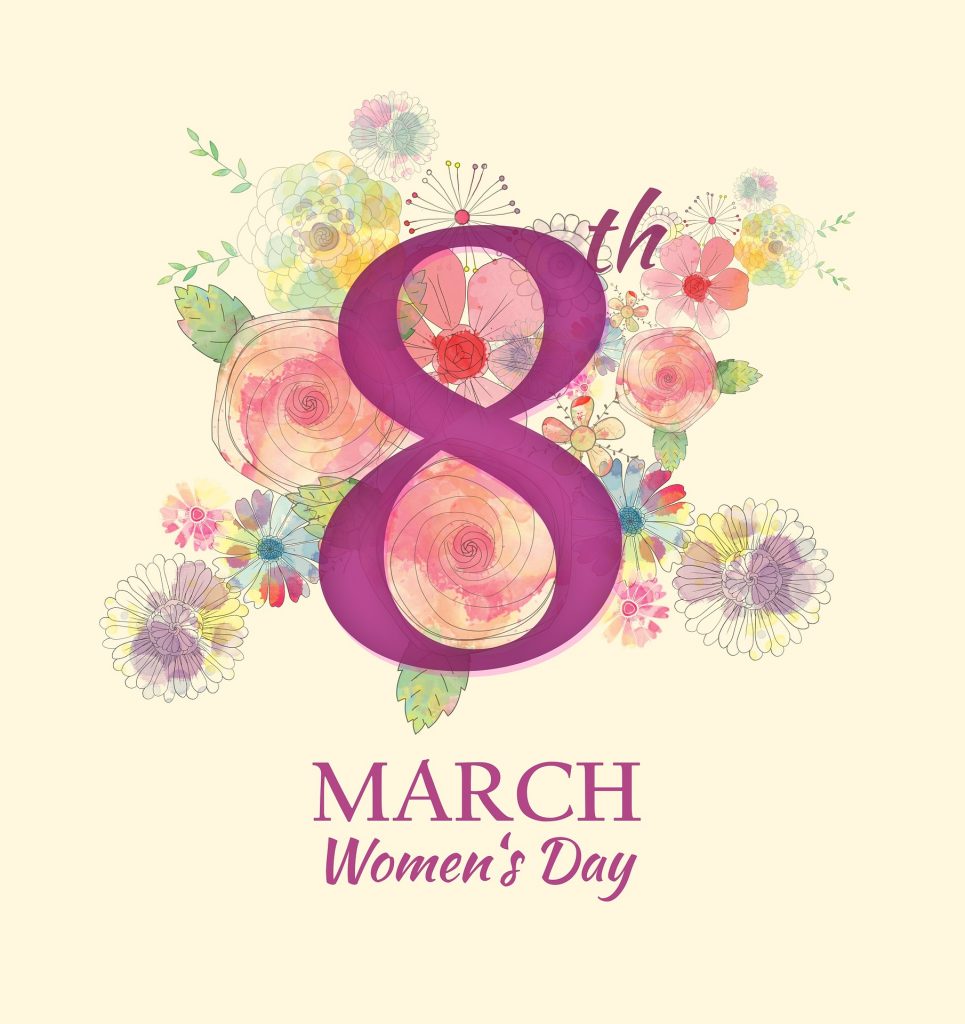
International Women’s Day 8 March
International Women’s Day is celebrated in many countries around the world. It is a day when women are recognized for their achievements without regard to divisions, whether national, ethnic, linguistic, cultural, economic or political.
Since those early years, International Women’s Day has assumed a new global dimension for women in developed and developing countries alike. The growing international women’s movement, which has been strengthened by four global United Nations women’s conferences, has helped make the commemoration a rallying point to build support for women’s rights and participation in the political and economic arenas.
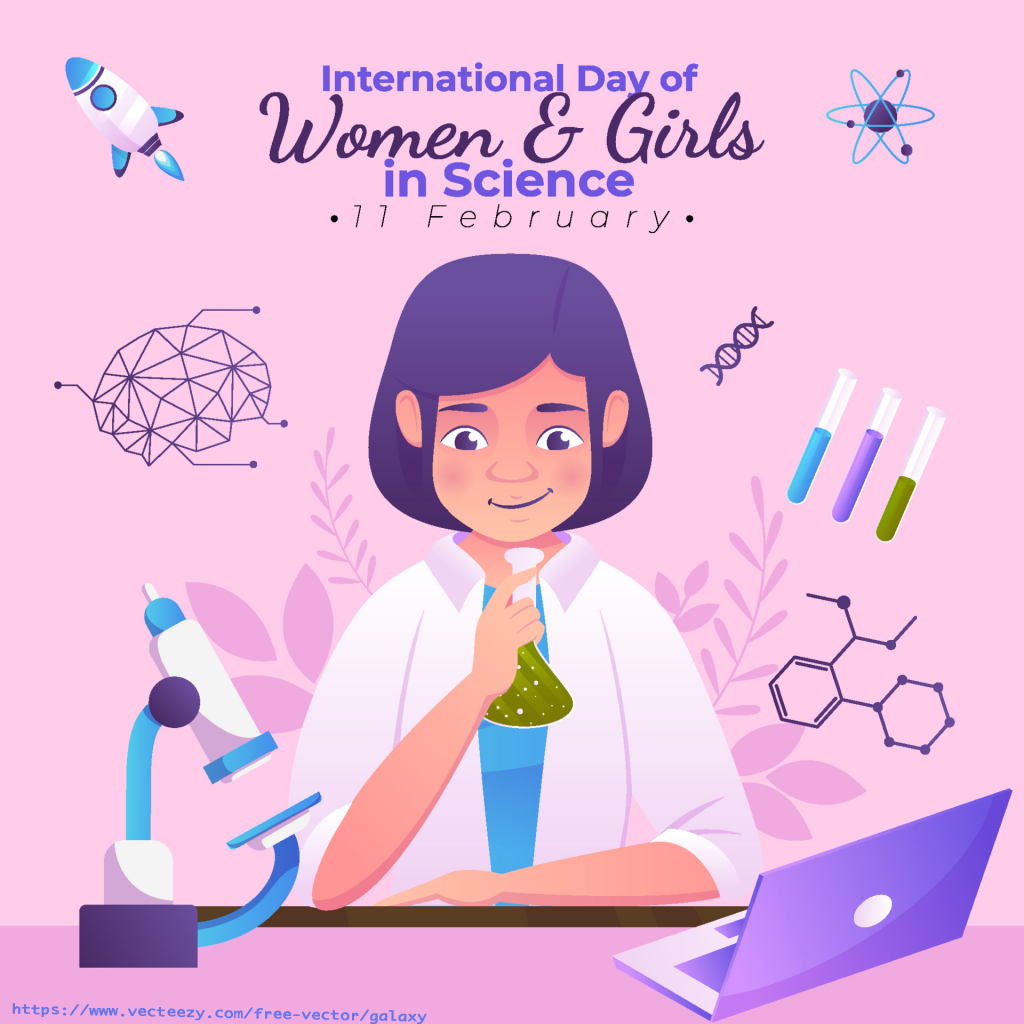
International Day of Women and Girls in Science: February 11th
Science and gender equality are both vital for the achievement of the internationally agreed development goals, including the 2030 Agenda for Sustainable Development. Over the past decades, the global community has made a lot of effort in inspiring and engaging women and girls in science. Yet women and girls continue to be excluded from participating fully in science.
In order to achieve full and equal access to and participation in science for women and girls, and further achieve gender equality and the empowerment of women and girls, the United Nations General Assembly declared 11 February as the International Day of Women and Girls in Science in 2015.
